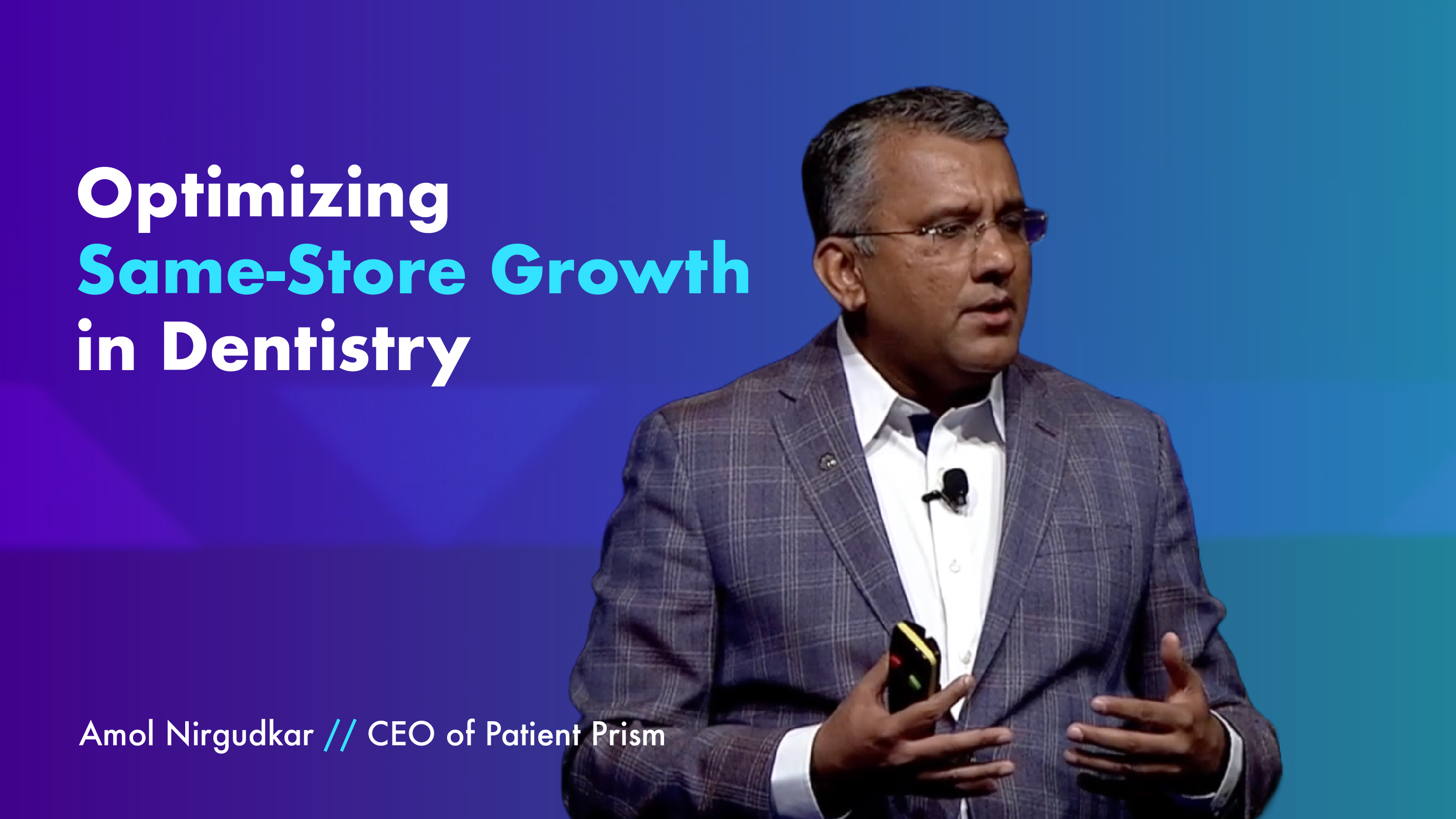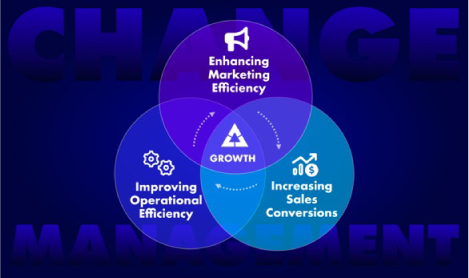The integration of conversational AI into plastic surgery clinics is redefining the concept of the front desk. These AI systems, which include chatbots and virtual assistants, are increasingly taking on the role of the first point of contact for patients, handling everything from initial inquiries to post-operative care. This shift is not only enhancing operational efficiency but also improving patient satisfaction by providing immediate, consistent, and accurate information. Here’s a detailed look at how conversational AI is becoming an indispensable part of the modern plastic surgery clinic:
1. Handling Initial Patient Inquiries
AI-powered chatbots can engage potential patients the moment they visit a clinic’s website. These systems provide answers to common questions regarding procedures, pricing, recovery times, and surgeon qualifications. By delivering instant responses 24/7, AI ensures that potential patients feel valued and well-informed, increasing the likelihood of them booking an appointment.
2. Appointment Scheduling
Conversational AI can seamlessly schedule appointments by interfacing with the clinic’s calendar systems. Patients can choose their preferred dates and times without human intervention, and the AI can suggest alternative slots if the desired times are unavailable. This process significantly reduces the workload on human staff, allowing them to focus on more complex tasks.
3. Pre- and Post-Operative Instructions
AI systems can automate the delivery of pre- and post-operative care instructions, ensuring that patients receive timely, precise, and consistent guidance. For example, a chatbot can send reminders to patients about fasting rules or medication schedules before surgery and provide care tips such as wound care and activity restrictions after the procedure.
4. Feedback and Survey Management
Following a procedure, AI can reach out to patients to collect feedback on their experiences. This information is crucial for clinics to improve service quality. AI tools can analyze feedback data to identify trends and areas for improvement, providing actionable insights that can enhance patient care and satisfaction.
5. Patient Follow-Up and Health Monitoring
AI can conduct routine follow-ups to monitor patients’ recovery and respond to any complications. For example, a chatbot might ask patients to report their pain levels or any symptoms that might indicate infection or other post-operative issues. This proactive approach ensures that patients receive prompt medical attention when necessary.
6. Personalized Patient Communication
By analyzing past interactions and preferences, AI can personalize communication with patients. For instance, if a patient prefers communication via SMS, the AI system will prioritize this channel over others. This personalization extends to language preference, tone, and even the frequency of communications, making interactions more user-friendly and tailored to individual needs.
7. Emergency Query Escalation
While AI is adept at handling routine inquiries and follow-ups, it is also programmed to recognize signs of emergency or the need for a human touch. In such cases, AI systems can escalate the query to human staff immediately, ensuring that patients receive expert care when needed.
By taking on the role of the front desk, conversational AI is not just a technological tool but a transformative force in the way plastic surgery clinics operate. It enhances the patient experience from the first interaction, streamlines administrative processes, and ensures that human resources are used more effectively within the practice.






